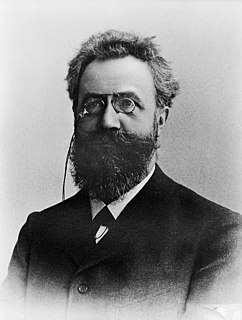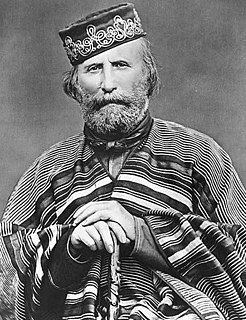A Quote by Grover Cleveland
The wage earner relies upon the ventures of confident and contented capital. This failing him, his condition is without alleviation, for he can neither prey on the misfortune of others nor hoard his labor.
Related Quotes
If a market exists for low-paid work, then we should think about how we can make this type of work more attractive by providing government assistance. Of course, the wage-earner must be able to live off of his wages. We will not allow poverty wages or dumping wages. But the wage earner can receive a combined wage that includes both his actual wages and a government subsidy.
Since it is to the advantage of the wage-payer to pay as little as possible, even well-paid labor will have no more than what is regarded in a particular society as the reasonable level of subsistence. The lower ranks of labor will commonly have less, and if public relief were afforded even up to the wage-level of the lowest ranks of labor, that relief would compete in the labor market; check or dry up the supply of wage-labor. It would tend to render the performance of work by the wage-earner redundant.
Labor, being itself a commodity, is measured as such by the labor time needed to produce the labor-commodity. And what is needed to produce this labor-commodity? Just enough labor time to produce the objects indispensable to the constant maintenance of labor, that is, to keep the worker alive and in a condition to propagate his race. The natural price of labor is no other than the wage minimum.
Without seeking, truth cannot be known at all. It can neither be declared from pulpits, nor set down in articles, nor in any wise prepared and sold in packages ready for use. Truth must be ground for every man by itself out of it such, with such help as he can get, indeed, but not without stern labor of his own.
The master in the art of living makes little distinction between his work and his play, his labor and his leisure, his mind and his body, his information and his recreation, his love and his religion. He hardly knows which is which. He simply pursues his vision of excellence at whatever he does, leaving others to decide whether he is working or playing. To him he's always doing both.
It is neither just the religious, the spiritual, the power-hungry, the evil, the ignorant, the corrupt, the Christian, the Muslim, the Hindu, the Buddhist, the Jew, nor the atheist that makes a hypocrite, but being a human being. Any man who thinks himself to be free of hypocrisy while committed to cherry-picking others for such, I am confident, the Almighty can prove to him a great deal of his own hypocrisy even beyond his earthly comprehension.
How admirable and beautiful is the simplicity of the Evangelists! They never speak injuriously of the enemies of Jesus Christ, of His judges, nor of His executioners. They report the facts without a single reflection. They comment neither on their Master's mildness when He was smitten, nor on His constancy in the hour of His ignominious death, which they thus describe: "And they crucified Jesus.
Instead of complaining at his lot, a contented man is thankful that his condition and circumstances are no worse than they are. Instead of greedily desiring something more than the supply of his present need, he rejoices that God still cares for him. Such an one is "content" with such as he has (Heb. 13:5).
Man—every man—is an end in himself, not a means to the ends of others; he must live for his own sake, neither sacrificing himself to others nor sacrificing others to himself; he must work for his rational self-interest, with the achievement of his own happiness as the highest moral purpose of his life.


































